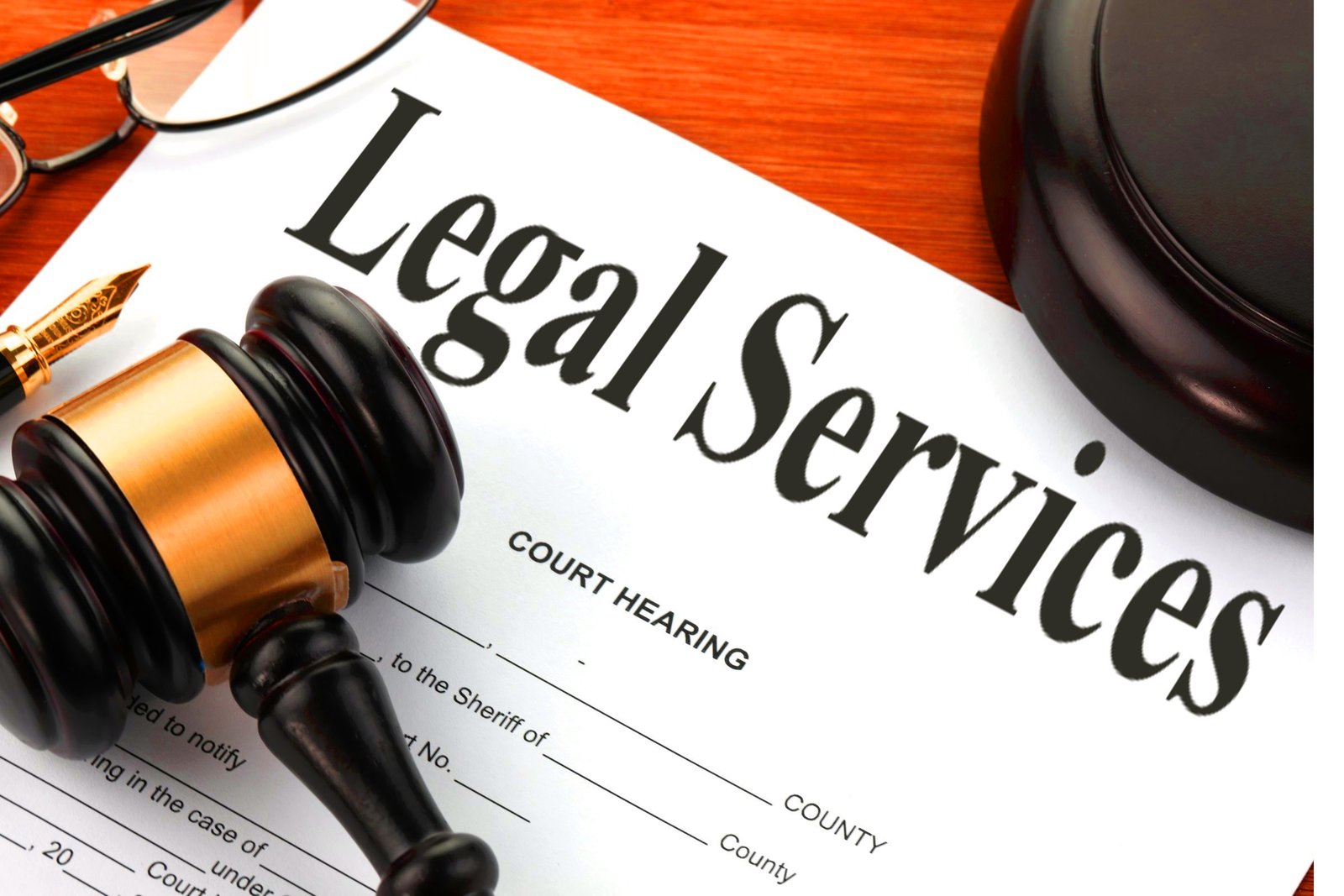How to Navigate the Probate Process (2023)


It may be difficult and complicated to navigate the probate procedure, especially when you’re grieving the loss of a loved one. The hardship can be lessened and a smoother transition can be achieved by being aware of the procedures and knowing how to go through the probate process. The probate process will be thoroughly explained in this essay, including everything from the fundamentals to probable difficulties and other possibilities.
What is probate?
After someone passes away, their assets and estate are dispersed in accordance with their will or state rules if there is no will, during the legal procedure known as probate. The will is approved, any outstanding debts and taxes are paid, and the remaining assets are distributed to the beneficiaries or heirs under the supervision of the court.
When Is Probate Required?
When a deceased individual had only assets in their name, probate law is applicable. Assets that are jointly owned with a surviving co-owner, such as a home or bank account, often transfer to the surviving co-owner immediately without going through probate. Also, evading probate is assets with named beneficiaries, such as retirement accounts or life insurance policies.
Recognizing the Probate Procedure
Depending on the laws of the state where the dead individual lived, the probate procedure may change. However, there are several standard procedures that are used in the majority of probate proceedings. Let’s look at these actions in more detail:
submitting a petition
The petition to begin the probate case must be submitted to the competent court as the first step in the probate procedure. If a will is present, the original must normally be submitted together with any other required paperwork and payments. The executor or personal representative of the estate will be in charge of overseeing it during the probate procedure when the court names them.
Inventory and evaluation
The executor or personal representative must gather and inventory all of the decedent’s assets as soon as the probate process is begun. Real estate, bank accounts, investments, personal property, and any other valuable property fall under this category. To ascertain their fair market worth at the time of the decedent’s death, it is crucial to have these assets valued.
Taxes and debt repayment
Any unpaid obligations and taxes must be settled before dispersing the assets to the beneficiaries or heirs. Funeral costs, medical debts, unpaid loans, and inheritance taxes may fall under this category. The executor or personal representative is in charge of seeing that these responsibilities are satisfied with money from the estate.
Asset Distribution
The remaining assets can be distributed to the beneficiaries or heirs as specified in the will or in accordance with state laws of intestacy after all debts and taxes have been paid. Before dispersing any assets, it is essential to follow the correct legal processes and receive court approval to guarantee a lawful transfer.
Complete Accounting
After the distribution of assets is complete, the executor or personal representative must compile a final accounting of the estate’s finances. This involves documenting any income, spending, and transactions that happened throughout the probate procedure. The court will examine the final accounting to make sure it is accurate and transparent.
Read More: The Ins and Outs of Bankruptcy Law (2023)
Common Challenges in Probate
The probate procedure might be difficult to navigate at times. Some of the typical difficulties include:
Long procedure: Depending on the intricacy of the estate and any potential conflicts, the probate procedure can be drawn out and take months or even years to complete.
High fees: With numerous costs for court filings, legal services, appraisals, and more, probate may be very expensive. The value of the estate may be greatly impacted by these expenses.
Public character: Since probate procedures are frequently public records, anybody can obtain information about the estate, including its assets, liabilities, and beneficiaries. For some people, this breach of privacy may be concerning.
Possible family conflicts: Occasionally, disputes and arguments amongst family members about the transfer of assets or the legality of the will may occur. These disagreements may cause the probate procedure to take longer and cost more money.
How to Simplify the Probate Process
Even though the probate procedure could appear difficult, there are actions you can take to make it easier and lessen some of the difficulties it comes with:
In advance: A thorough estate plan that includes a will or trust might speed up the probate procedure. You may reduce possible disagreements and guarantee a seamless transfer by specifying your desires and appointing beneficiaries.
Put key documents in order: Keep a tidy file with copies of all pertinent papers, including the will, bank statements, title deeds, and insurance policies. The executor or personal representative will find it simpler to discover and handle assets during the probate process as a result.
Talk to your family members: You may avoid misunderstandings and potential disputes by being open and honest with your loved ones about your objectives and the provisions of your will. Talking about your estate plan with people who will be directly affected by the probate procedure is crucial.
Take into account beneficiary designations or joint ownership: Consider owning some assets jointly with rights of survivorship or naming beneficiaries to avoid probate for such assets. This eliminates the need for probate following your death because the assets will transfer immediately to the co-owner or beneficiary.
Read More: The Basics of Tort Law: What You Need to Know (2023)
Engaging a Lawyer
The probate procedure can be difficult to navigate, particularly if you are not familiar with the relevant legal principles. Hiring a skilled probate lawyer can guarantee that all essential stages are performed appropriately and offer vital counsel.
A lawyer can help with procedures including submitting the initial petition, compiling and appraising assets, managing creditor claims, and distributing the assets to beneficiaries. They might be able to resolve some situations without the need for probate, which would streamline the procedure and save time and money. These options consist of:
Affidavit for a small estate: In some states, a small estate affidavit can be submitted to completely avoid the probate procedure if the estate’s worth is below a predetermined level.
Viable trusts: Assets can be transferred to beneficiaries without going through probate by using a living trust. Due to the fact that the specifics of the trust are often not made public, this can also increase privacy.
joint tenancy: Assets that are held jointly with rights of survivorship can avoid probate as well.
Conclusion
Although navigating the probate process can be difficult, expensive, and time-consuming, it can be made simpler with careful planning and coordination. A thorough estate plan, open communication with family members, and engaging a skilled probate lawyer can all assist ease some of the difficulties involved. Investigating alternatives to probate, such as living trusts or small estate affidavits, might also provide benefits. You may make sure that your assets are divided in accordance with your preferences and reduce possible conflicts by being aware of the probate procedure and adopting proactive measures.
FAQs
Describe the probate process?
The legal procedure for allocating a deceased person’s assets is called the probate process.
How lengthy is the probate process?
Depending on the intricacy of the estate, the probate process may take many months or even years to complete.
Are probates usually required?
No, there may occasionally be alternatives to probate process, such as living trusts or small estate affidavits.
What is the cost of the probate process?
With numerous costs for court filings, legal services, appraisals, and more, probate process may be very expensive.
Do I require legal counsel for the probate process?
Although it is not essential to hire a lawyer, doing so can offer useful advice and guarantee that all necessary procedures are done appropriately.












For most people, we find it especially helpful when they can view sample interrogatories for probate so they can understand what lies ahead and be at ease.